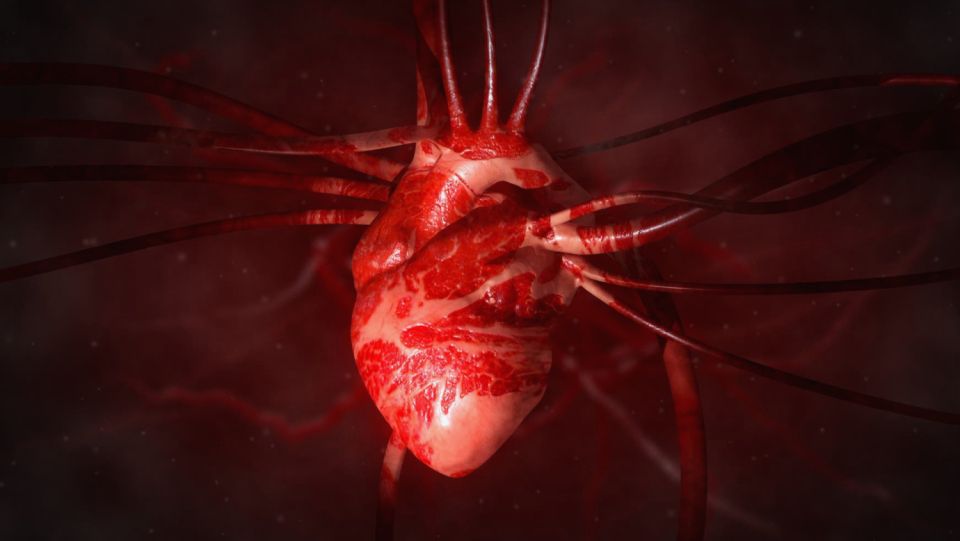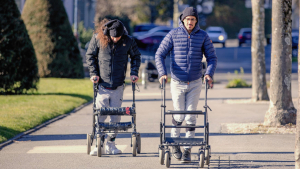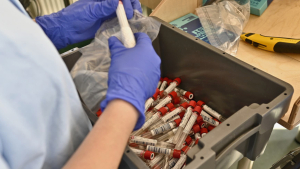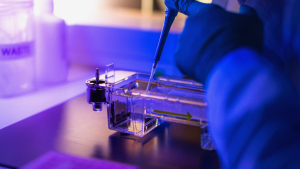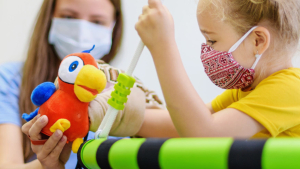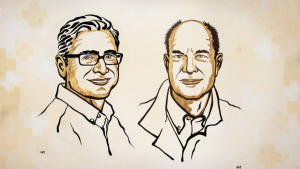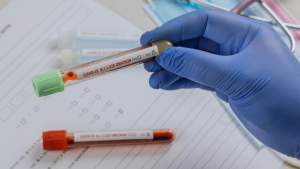After the death of a living being, the organs quickly lose its function: Because no more oxygen -containing blood circulates through the body, a cascade is started, which leads to cell death and thus ultimately causing serious damage to the heart, liver, kidneys and the like . A team around Nenad Sestan from Yale University has now succeeded for the first time to stop this process in the body of a dead pig. With its Organex perfusion system, the research group was able to almost completely restore blood flow in the organs around an hour after cardiac arrest, prevent further cell damage and possibly even initiate repair processes in the organs, as reported in the specialist magazine "Nature".
For their work, Sestan and colleagues developed a system called BrainEx, with which researchers have already managed to partially maintain the brain activity of pigs for several hours after death. It is already possible to preserve individual organs to a certain extent today – however, previous methods have failed to preserve entire bodies. OrganEx is trying to change this by mechanically pumping a special fluid through the body, which is tailored to correct the electrolyte and metabolic imbalances caused by the lack of oxygen. In the experiment, the system thus proved to be significantly more effective than an ECMO, a heart-lung machine that is often used in intensive care units and artificially enriches the body's own blood with oxygen.
Applications in medicine, particularly transplant medicine
In practice, the new perfusion system could be of interest primarily for organ transplants. "In the case of brain death donation, OrganEx could serve to significantly extend the ischemia time of the explanted donor organs. For this, appropriate studies on effectiveness would have to be done," explains Jan Gummert, Director of the Department of Thoracic and Cardiovascular Surgery at the Heart and Diabetes Center NRW. Countries in which organ donation is possible even after a cardiac arrest, unlike in Germany, would benefit the most from this. If such organs are transplanted, the chances of success are often lower than for organs that come from a brain–dead donor - precisely because of the damage caused by lack of oxygen.
However, the use of patients whose organs were briefly supplied with too little supplied, for example after a heart attack, says Uta Dahmen, head of the department for experimental transplant surgery at the University Hospital Jena. "However, there is a long way from a promising experimental study on the routine clinical use of a new medical device."







